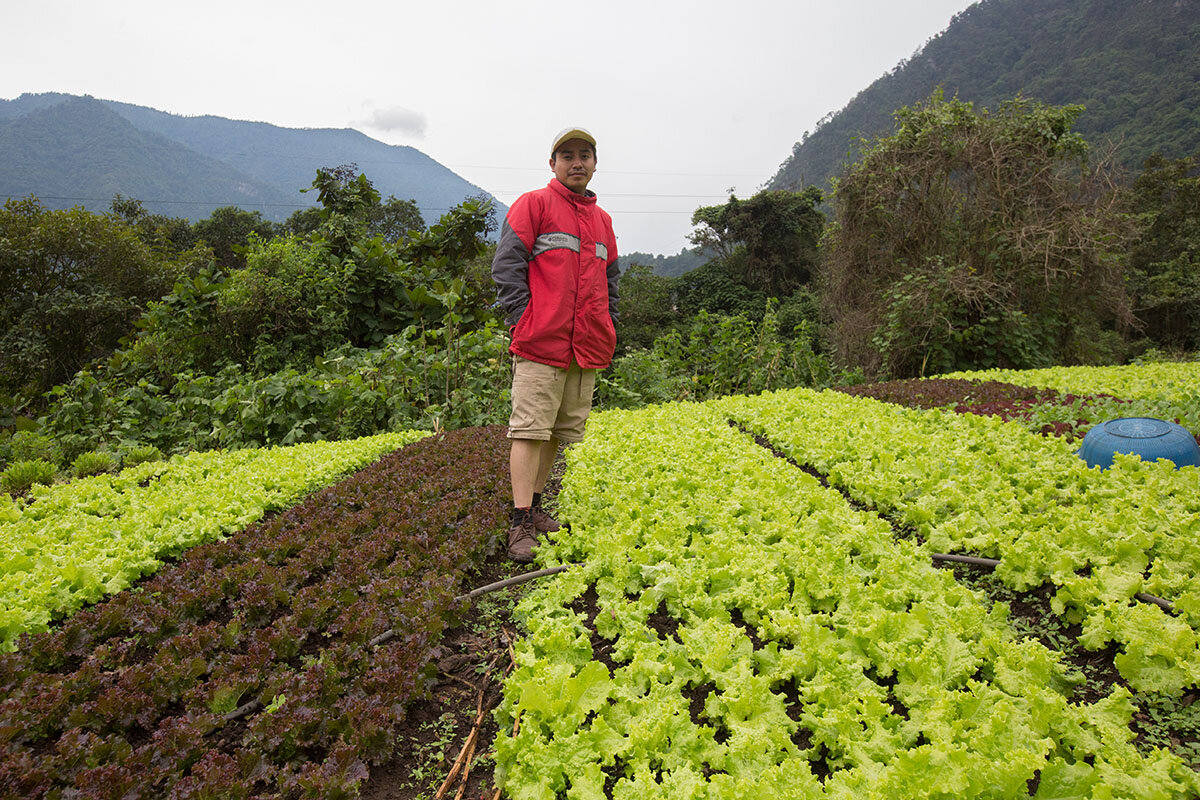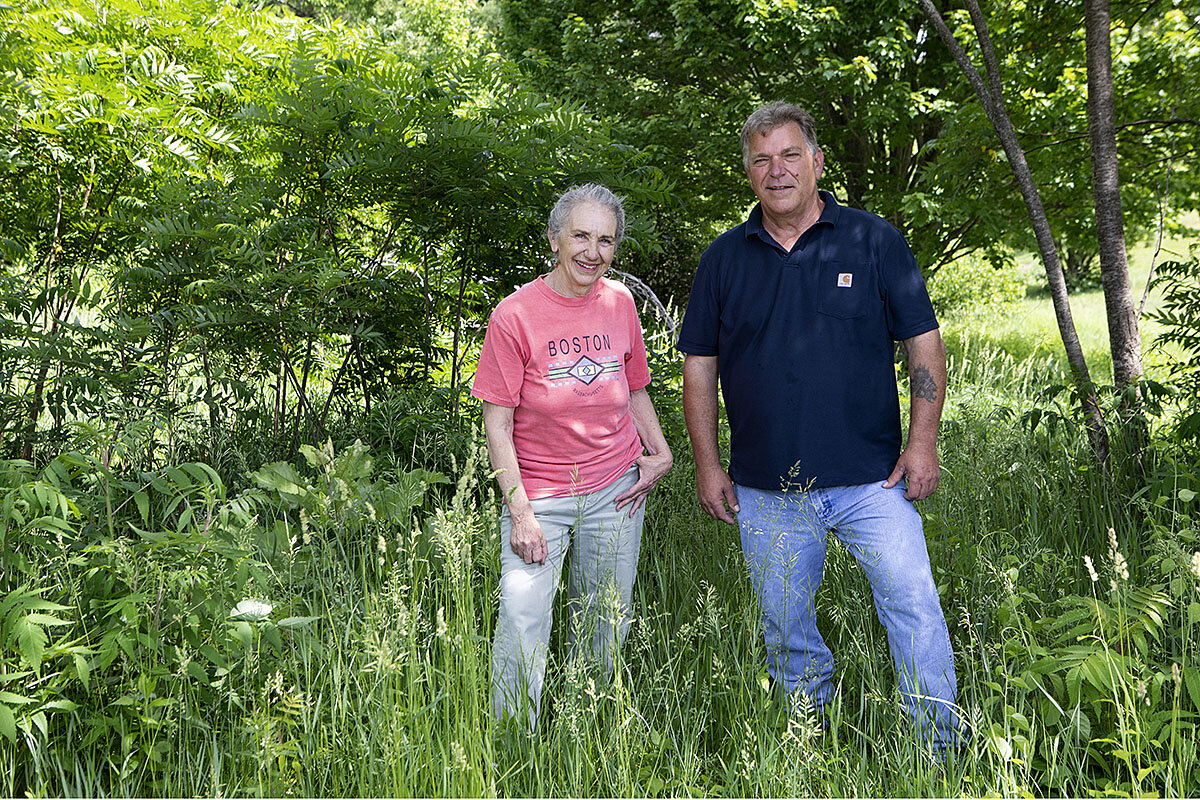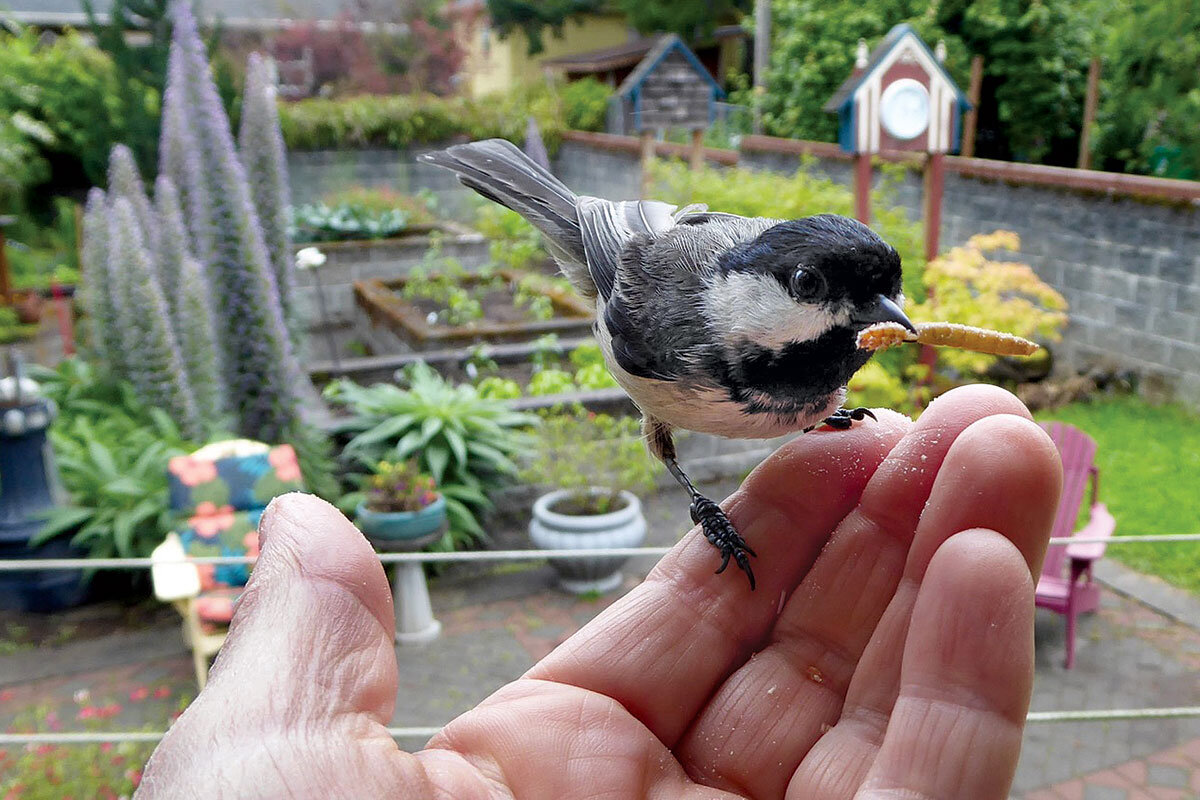Remember last summer’s call to “defund the police”? Top Democrats vying to become New York’s next mayor now are promising more policing. We look at why, and what it means for that city and the nation.
Monitor Daily Podcast
- Follow us:
- Apple Podcasts
- Spotify
- RSS Feed
- Download
 Clayton Collins
Clayton Collins
The universe probably intends that baked goods and conflict remain diametrically opposed.
Yet almost exactly three years after the U.S. Supreme Court sided with a Colorado baker who’d refused to make a cake for a gay couple, sweets have again stirred a clash.
This time the action was in Lufkin, Texas. It was over cookies. And the local court of public opinion stood with a small baker whose taste runs to full-spectrum inclusivity.
It began with an innocuous act. Staff at a small, women-owned bakery called Confections crafted some heart-shaped cookies in rainbow livery and posted a photo on Facebook. In came disdain. One response charged that the shop was pushing “gay propaganda.” A customer pulled an order for five dozen baked goods in protest.
The bakery posted again, telling the story. Again came a strong reaction: A blocks-long line of shoppers formed. The phone rang with orders. The shop sold out, then cash donations flowed in.
“We were so overwhelmed,” co-owner Miranda Dolder told The Washington Post.
It was a small June win in a Pride Month that also saw San Francisco’s pro baseball team taking the field with its logo in rainbow colors for the first time, and Congress voting to make Orlando’s Pulse nightclub, where 49 people were killed by a shooter five years ago, a national memorial.
For Jesse Roberts, a onetime Lufkin resident now living in New York, it hinted at a kind of growth.
“I was not shocked by the way the bakery was being treated,” he told the Post. “But I was hopeful because of the reaction from the community that came around to support them.”










